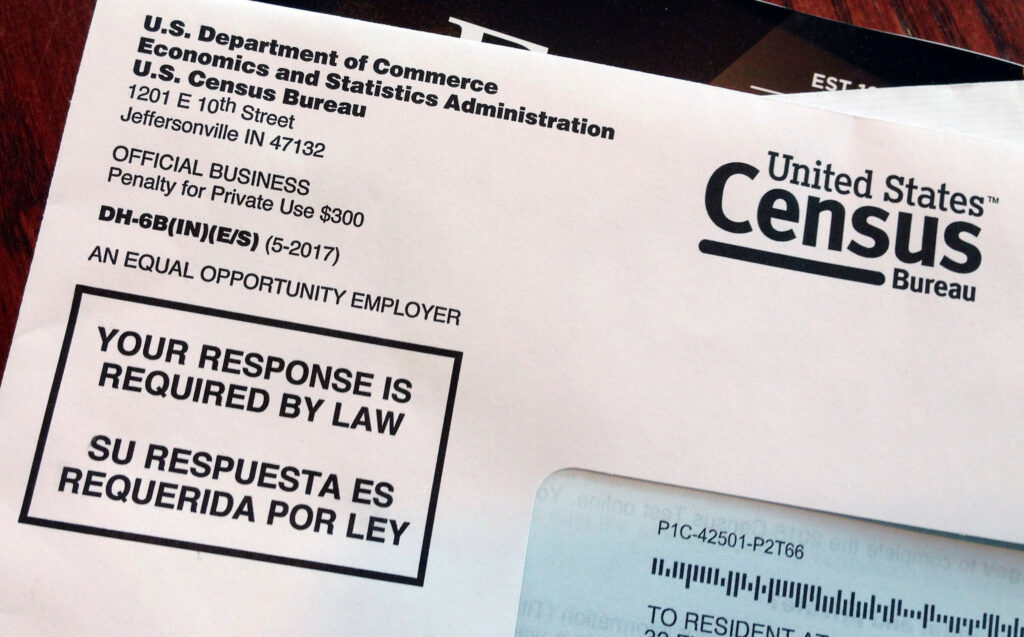
Every ten years, millions of people answer one of the government’s most important questions: Who lives here? And with that, an even more important assurance is given: Your answers are protected.
In an age of digital surveillance, data mining, and political tension, the absolute privacy of the census has never been more vital—or more misunderstood.
What Does “Absolute Privacy” Actually Mean?
In the U.S. and many other democratic nations, census responses are legally protected from being shared with law enforcement, immigration services, tax agencies, or landlords.
Under U.S. law (Title 13 of the U.S. Code):
-
Census data cannot be shared with ICE, the FBI, police, or even other federal agencies
-
Violating census confidentiality is a federal crime punishable by prison
-
Individual responses are kept private for 72 years before being released for historical research
“We collect data to inform policy, not to target individuals,” says Director Rob Santos of the U.S. Census Bureau.
🤔 Why People Fear the Census
Despite these protections, fear around census privacy still exists, often fueled by:
-
Misinformation on social media
-
Distrust in government institutions
-
Confusion about what information is collected (e.g., citizenship, income, status)
This fear can lead to undercounting vulnerable populations, which directly affects political representation and funding.
📌 Related Reading: Census Myths and Facts – Census.gov
🧠 What’s Actually Collected—and What’s Not
✅ Collected:
Number of people in the household
-
Age, sex, race, and relationship
-
Housing type (rent vs. own)
❌ Not Collected:
-
Social Security numbers
-
Immigration status
-
Bank or credit card info
-
Tax records
📊 Why Census Data Matters
Census data determines:
-
Congressional representation
-
Federal funding for schools, hospitals, and infrastructure
-
Business planning and investment decisions
-
Public health policy and emergency response
If communities are undercounted, they lose real resources and political power for a decade.
🧭 What You Can Do
-
Fill out the census fully and honestly
-
Help others understand its safety and importance
-
Report misinformation when you see it
Every completed form is a vote for visibility, equity, and community investment.

